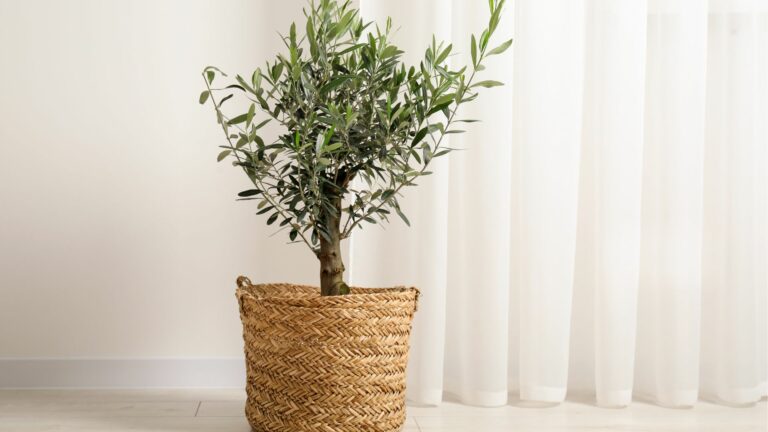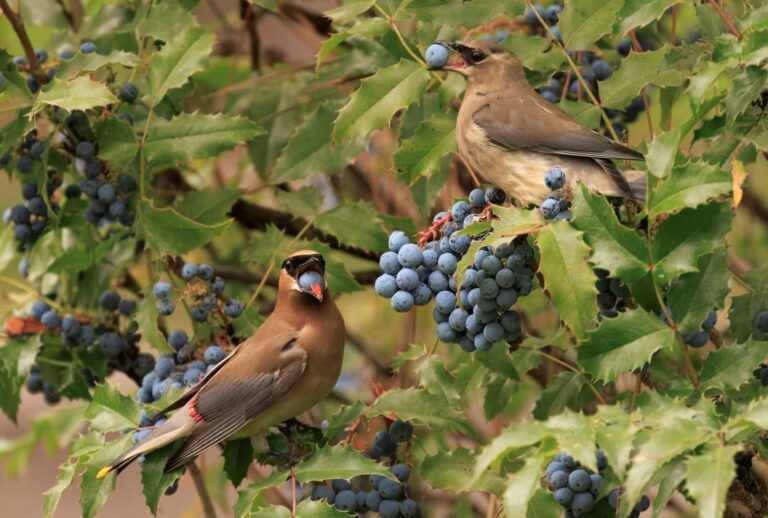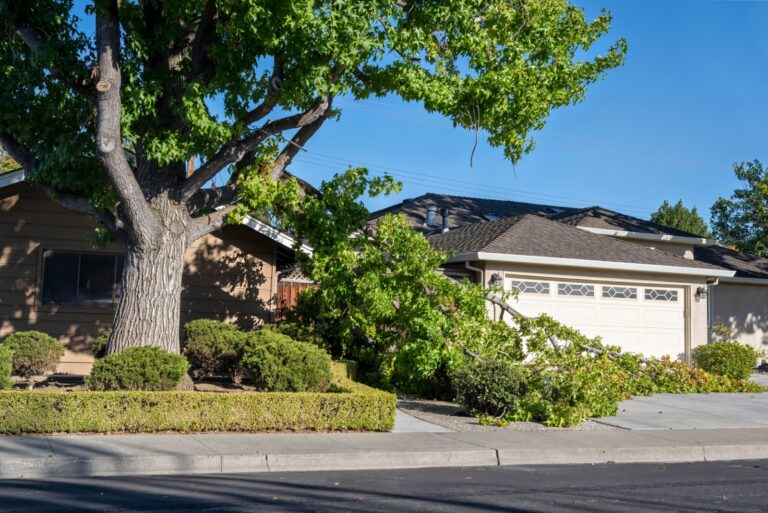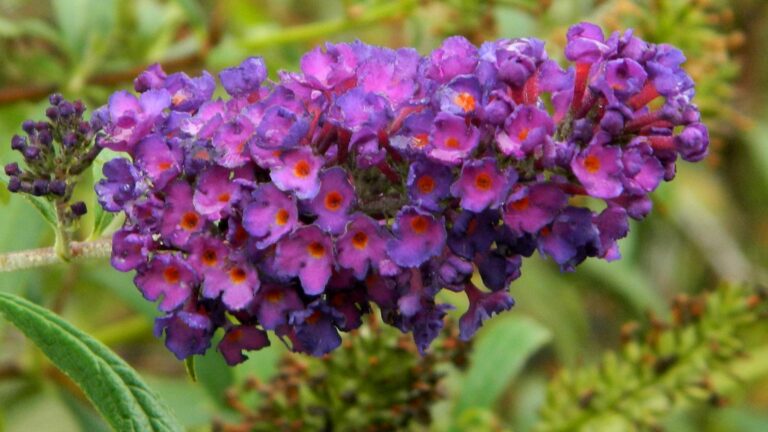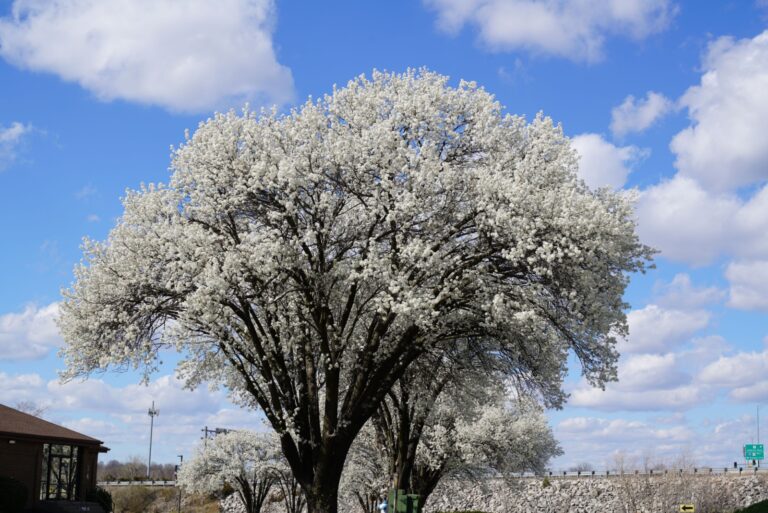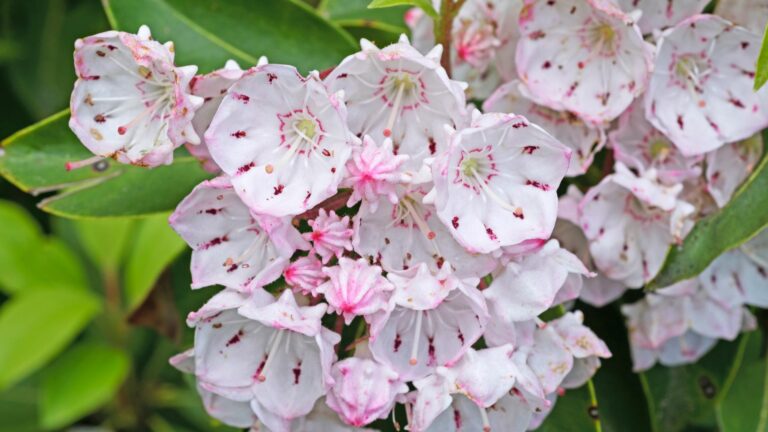Why You Should Avoid Planting This Tree In Pennsylvania To Prevent Lanternflies
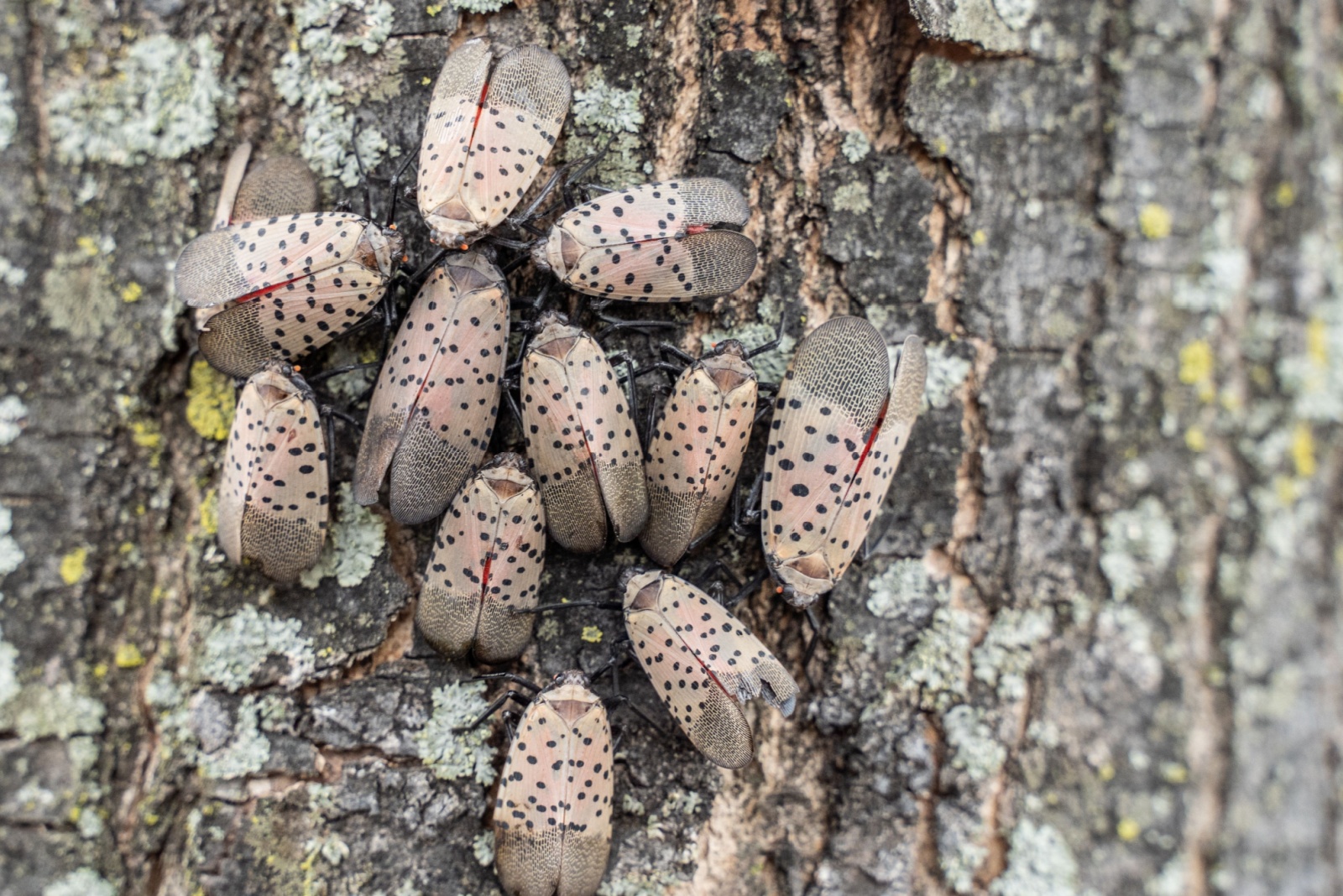
If you’ve noticed more spotted lanternflies around Pennsylvania lately, there’s a good chance Tree of Heaven is growing nearby.
This invasive tree acts like a magnet for these destructive pests, making the problem much worse for gardeners and farmers across the state.
Understanding why you should avoid planting it can help protect your property and your neighbors’ yards from serious damage.
1. It’s The Preferred Host Plant For Lanternflies
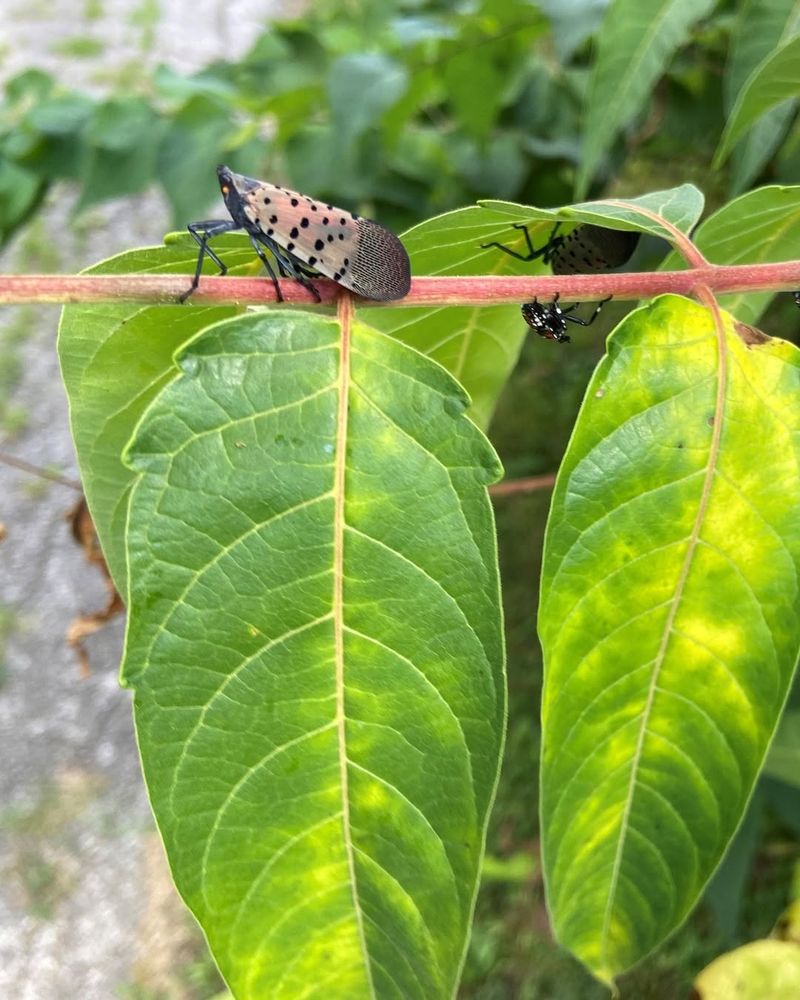
Spotted lanternflies absolutely love Tree of Heaven more than almost any other plant. Female lanternflies lay their egg masses on the bark, and the young insects feed heavily on the sap throughout their life cycle.
Pennsylvania gardeners have watched these pests multiply rapidly wherever this tree grows. Removing it from your yard means fewer lanternflies will choose your property as their home, protecting your other plants from their hungry appetites.
2. The Tree Spreads Aggressively Through Your Garden
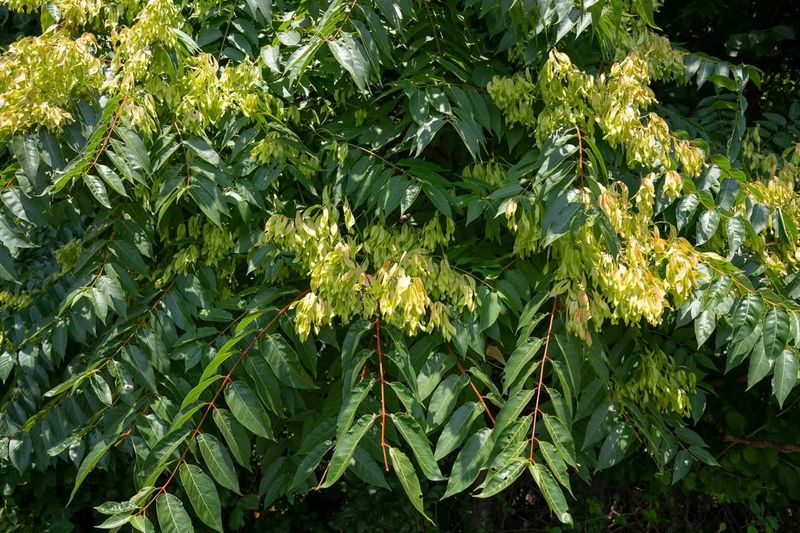
Once you plant Tree of Heaven, it becomes nearly impossible to control. The roots send up shoots everywhere, creating dense thickets that crowd out native plants and flowers you actually want in your garden.
Many Pennsylvania homeowners have spent years battling this invasive species after making the mistake of planting just one. A single tree can produce thousands of seeds that sprout in flowerbeds, lawns, and even cracks in sidewalks throughout your neighborhood.
3. Chemical Defenses Harm Nearby Plants
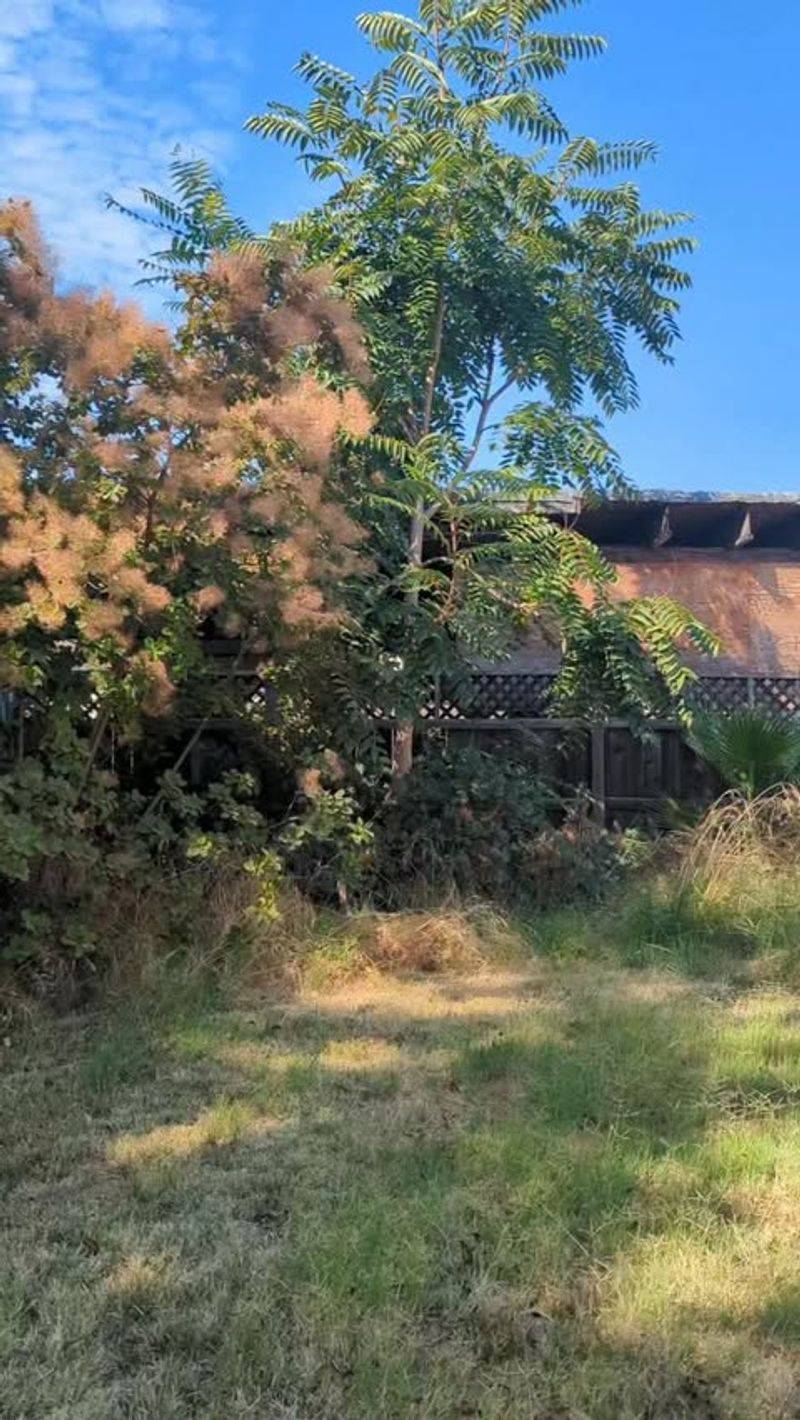
Tree of Heaven releases chemicals from its roots that poison the soil around it, preventing other plants from growing successfully. This process, called allelopathy, creates dead zones where your favorite flowers and vegetables struggle to survive.
Gardeners across Pennsylvania have noticed their tomatoes, roses, and perennials dying mysteriously when planted too close to this tree. The toxic compounds persist in the soil even after the tree is removed, requiring years of recovery time.
4. Cutting It Down Makes The Problem Worse
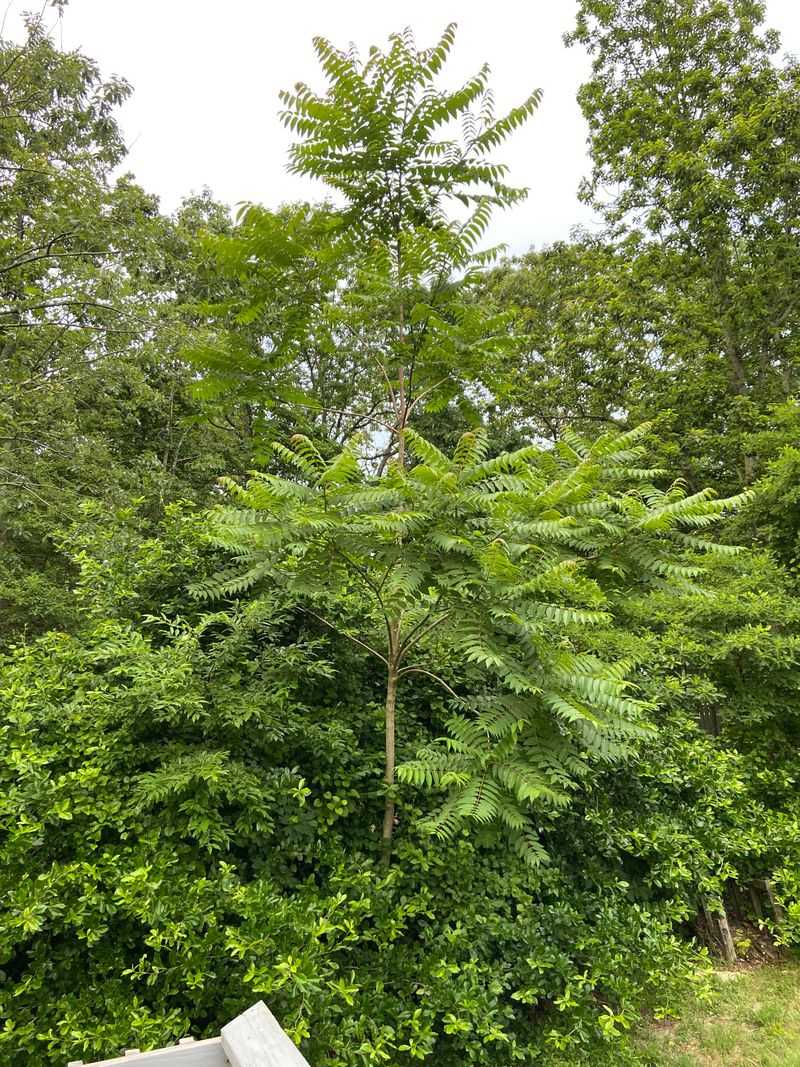
When you try removing Tree of Heaven by cutting it down, the roots respond by sending up dozens of new shoots. This survival mechanism transforms one problem tree into a forest of saplings within weeks.
Pennsylvania homeowners often discover this the hard way after attempting simple removal methods. Professional treatment with herbicides applied to cut stumps becomes necessary, adding expense and requiring careful timing to be effective without harming surrounding plants you want to keep.
5. It Damages Property And Infrastructure
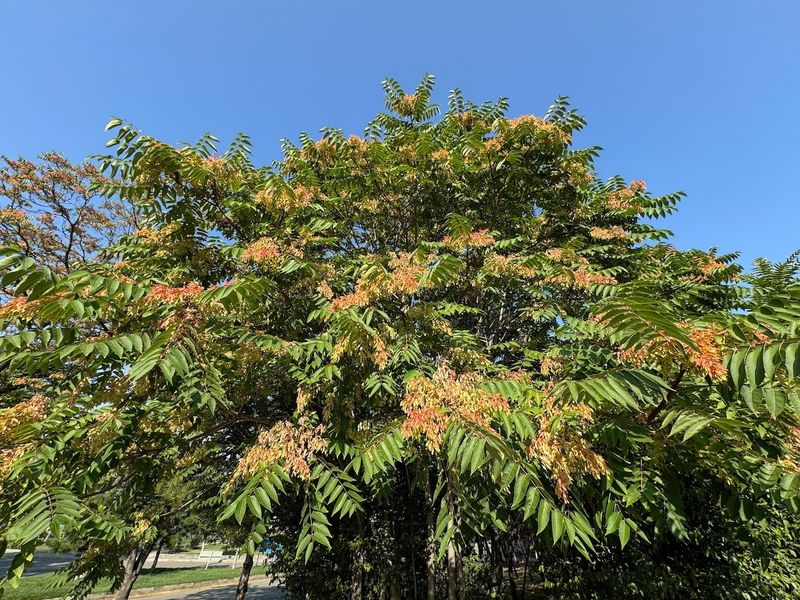
The aggressive root system doesn’t respect boundaries between gardens and buildings. Tree of Heaven roots crack foundations, lift sidewalks, and invade sewer lines, causing expensive repairs for Pennsylvania property owners.
Fast growth means branches become heavy and brittle, breaking easily during storms and damaging roofs, cars, and power lines. Insurance claims related to this tree have increased as it spreads through residential areas, making it a financial liability rather than an asset.
6. Native Wildlife Avoid It Completely
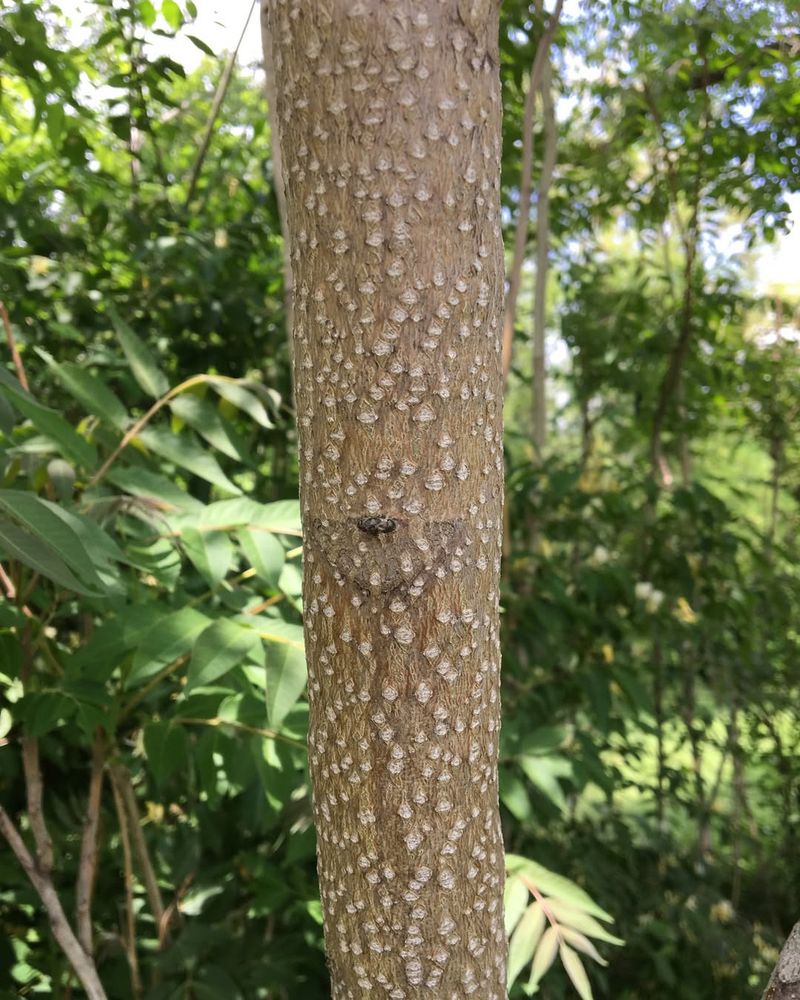
Birds, butterflies, and beneficial insects that normally visit Pennsylvania gardens stay away from Tree of Heaven because it offers them nothing useful. Native caterpillars can’t eat the leaves, and the flowers produce nectar that most pollinators ignore.
By planting this tree, you’re essentially creating a wildlife desert in your yard. Native trees like oaks and maples support hundreds of species, while Tree of Heaven supports almost none, reducing biodiversity in your local environment.
7. The Smell Is Genuinely Unpleasant
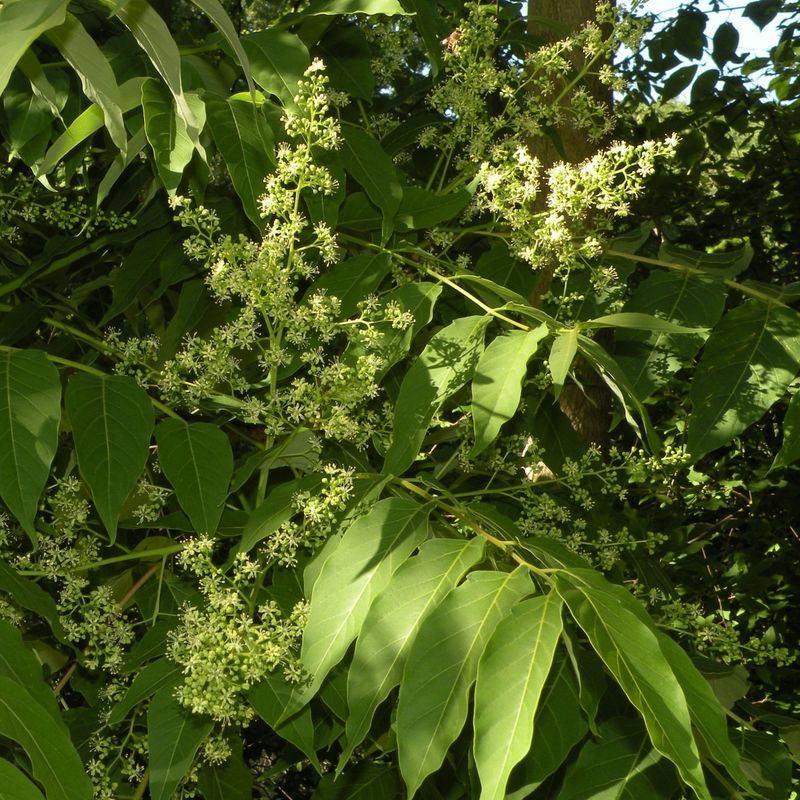
Male Tree of Heaven flowers produce an odor that most people compare to rotten peanuts or burnt rubber. This smell becomes overwhelming during blooming season, making outdoor activities near the tree unpleasant for weeks.
Pennsylvania gardeners who planted it near patios or windows regret the decision every spring. The odor attracts flies but repels people, turning what should be enjoyable outdoor spaces into areas you’ll want to avoid during the warmest months of the year.
8. Better Native Alternatives Exist For Pennsylvania
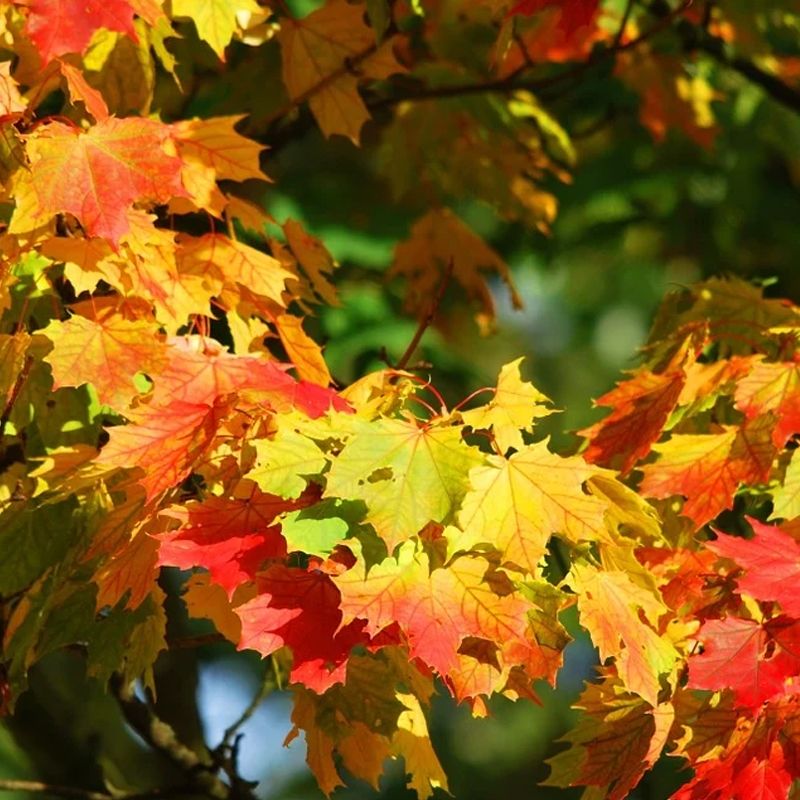
Pennsylvania offers dozens of beautiful native trees that grow quickly, provide shade, and support local ecosystems without causing problems. Red maple, tulip poplar, and sycamore all thrive in our climate and attract songbirds and butterflies.
These alternatives don’t spread aggressively, smell bad, or attract invasive pests. Local nurseries throughout Pennsylvania stock native species that will make your property more valuable and enjoyable while helping the environment instead of harming it like Tree of Heaven does.

